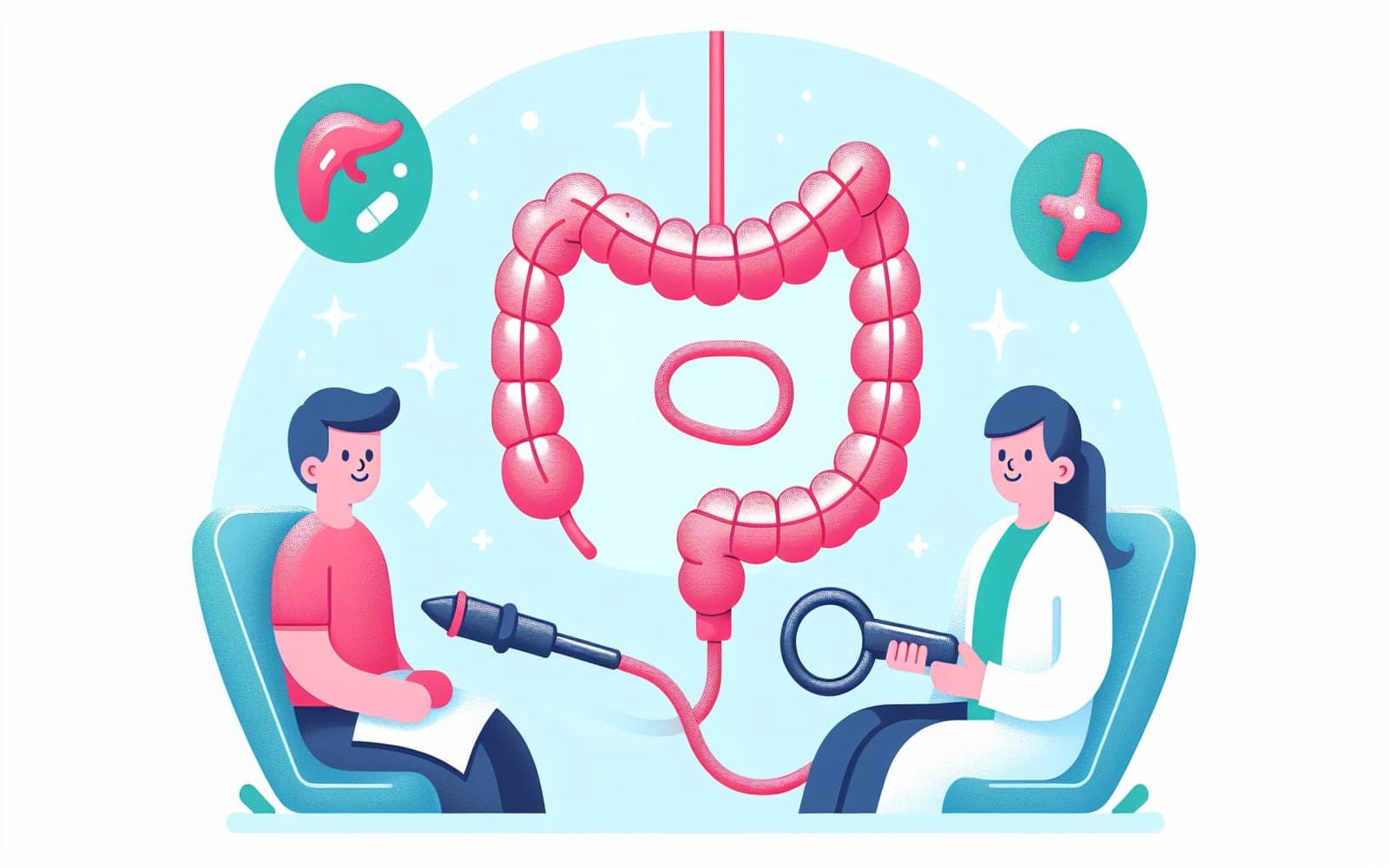Endoscopy for H. pylori: What to Expect During This Stomach Exam
Published: May 22, 2024
An endoscopy can be a valuable tool for diagnosing H. pylori and related stomach issues. This article explains what happens during the procedure and why it might be recommended.
Contents
What is an Endoscopy?
An endoscopy is a procedure that allows doctors to look inside your stomach using a thin, flexible tube with a camera. For H. pylori testing, it's like sending a tiny explorer into your stomach to gather information. The doctor can see any ulcers or inflammation and take small tissue samples (biopsies) to test for H. pylori. While it sounds intimidating, most people find it's not as bad as they feared.
Preparing for the Procedure
Before an endoscopy, you'll need to fast for several hours. Your doctor may ask you to stop certain medications, especially those that affect stomach acid or blood clotting. It's important to follow these instructions carefully. Think of it as setting the stage for the best possible examination – you want a clear view of your stomach lining.

During the Endoscopy
The procedure usually takes 15-30 minutes. You'll receive a sedative to help you relax, and your throat will be numbed. The doctor will gently insert the endoscope through your mouth and into your stomach. You might feel some pressure, but it shouldn't be painful. The camera sends images to a screen, allowing the doctor to examine your stomach lining closely. It's like a live video tour of your digestive tract.
Frequently Asked Questions
No, non-invasive tests are often used first.
Most people resume normal activities the next day.
No, you shouldn't feel any pain from biopsies.
Your doctor will advise when it's safe to eat and drink.
Key Takeaways
Understanding the endoscopy process can help ease anxiety and ensure you're well-prepared for this valuable diagnostic tool.
Have questions about endoscopy for H. pylori? Reach out to Doctronic for clear, personalized information.Related Articles
References
Chey WD, et al. Am J Gastroenterol. 2017;112:212-239.
Gisbert JP, et al. Am J Gastroenterol. 2006;101:848-863.
Always discuss health information with your healthcare provider.

